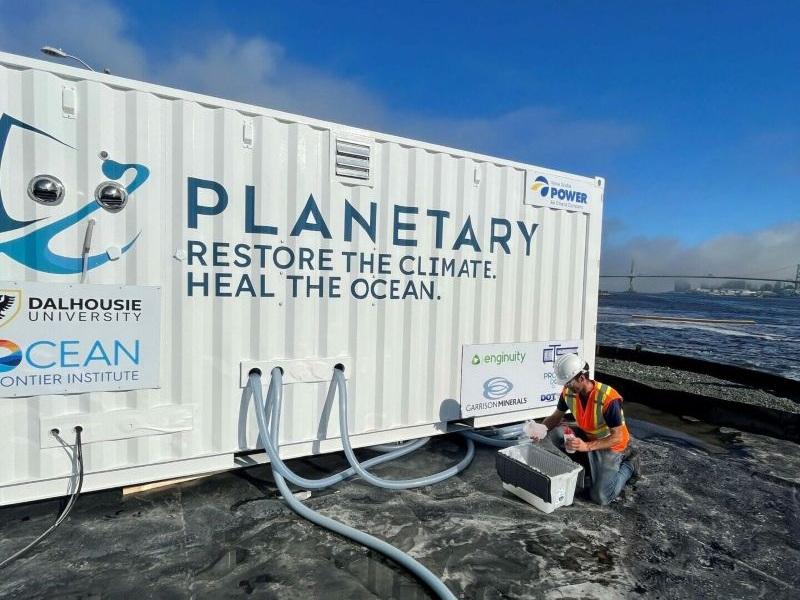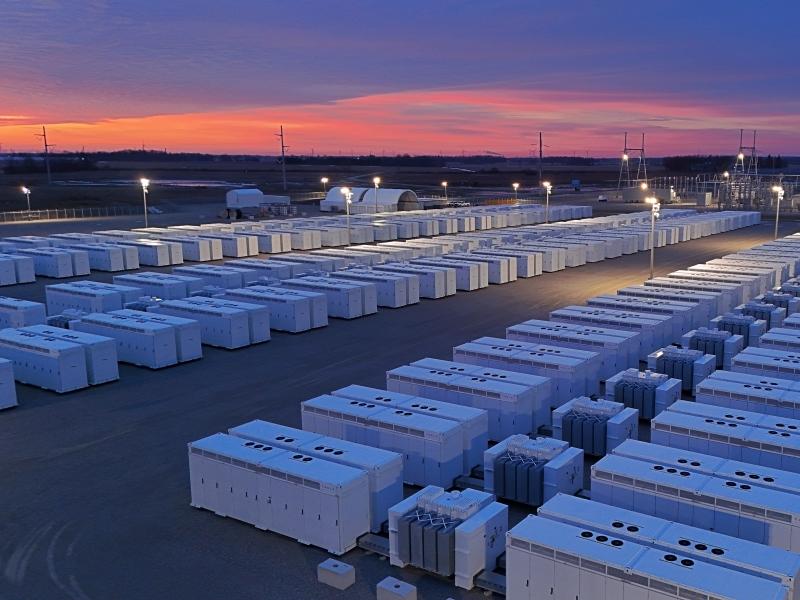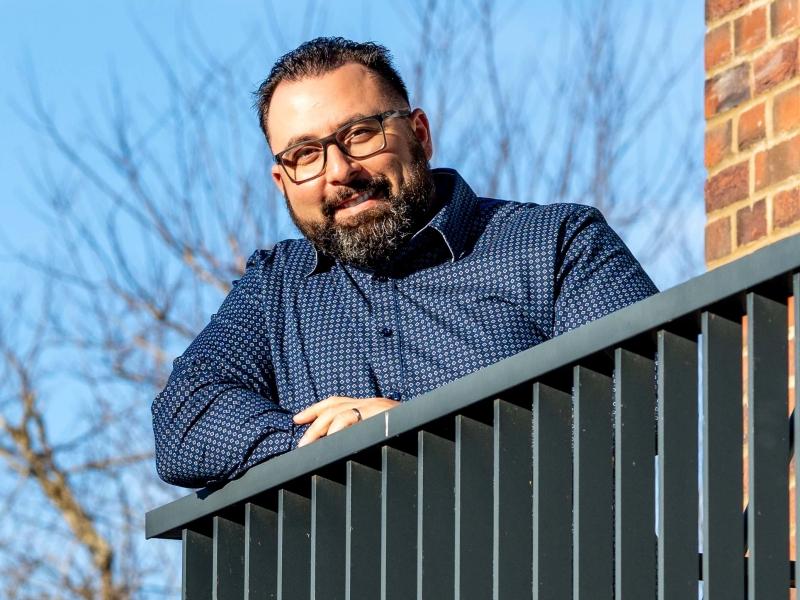
Francis Pomerleau believes low-carbon concrete producer CarbiCrete is part of “the future of construction”, so the director at Quebec giant Pomerleau has accepted a similar role with its board of directors.
As the construction sector is a large polluter, Pomerleau said he joined CarbiCrete’s board to support its technology which helps to reduce carbon emissions from concrete production. “We want to be a leader in sustainable construction,” he said in an interview with Sustainable Biz Canada.
The former Pomerleau national strategies director will assist in developing the business strategy for CarbiCrete, and by aiding its growth hopes to help make construction a greener industry.
Montreal-headquartered Pomerleau is one of Canada’s largest construction firms, with almost 200 active projects nationwide, such as the Réseau Express Métropolitain light rail transit system and the University of Toronto Academic Wood Tower.
Shepherding CarbiCrete’s growth
CarbiCrete, also based in Montreal, produces carbon-negative concrete via a process that uses steel slag instead of carbon-intensive cement. The process locks carbon dioxide in the concrete, removing and reducing 150 kilograms of the greenhouse gas for every tonne of concrete produced.
Concrete production is responsible for eight per cent of global greenhouse gas emissions, according to one estimate. As a result, companies are looking to reduce the carbon footprint of concrete to meet environmental targets.
Pomerleau said he will assist CarbiCrete in its commercialization steps and business planning with his knowledge of the construction industry. CarbiCrete sought someone with insight and experience in the construction industry to join its board, he added.
He praised CarbiCrete’s technology, saying it could be “revolutionary.” If it is commercialized, Pomerleau will look into using the concrete made from its process, he said.
But he stressed there is no relationship between Pomerleau the company, and CarbiCrete with him joining the board.
"Francis's vast experience and deep understanding of the construction industry will prove invaluable as we enter the next stage of growth with increased deployment of our solution to decarbonizing the built environment,” Jacob Homiller, CarbiCrete's CEO, said in a release.
Pomerleau’s sustainability strategy
The building industry pollutes by generating waste from construction and demolition, using fossil fuel-powered equipment, and being intensive in energy and material use, Pomerleau said. Greener equipment and materials will be needed, he continued, as construction “needs to move to a more sustainable industry.”
Pomerleau as a company has set a target of reducing operational carbon emissions (Scope 1 and 2) by 40 per cent by 2030, and reaching net-zero by 2050 across all scopes. The company says it is on track to meeting its 2030 target in its 2023 ESG report.
To meet the targets, the company:
- is electrifying its vehicle fleet, toward a goal of electrifying 75 per cent of its fleet by 2027;
- implemented measures to conserve energy on construction sites during winter, preventing 1,200 tonnes of emitted carbon dioxide last winter;
- certified or sought green building certifications for 52 per cent of its building projects in 2023; and
- diverted 76 per cent of building materials from landfill in 2023.
Using low-carbon materials is a challenge, Pomerleau said, as the decision comes from clients and not construction firms.
But the company is trying to lead on this front, he added, by recommending clients use sustainable materials or suggesting choices to building owners interested in sustainable construction.
“It needs to be pulled by owners, but we’re trying to push as much as we can by coming up with best practices in terms of sustainable construction.”










